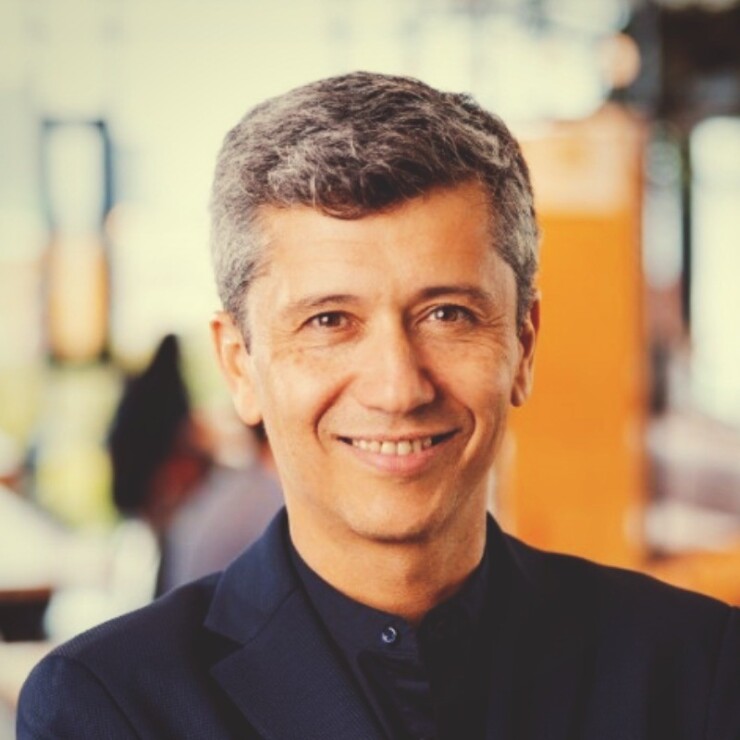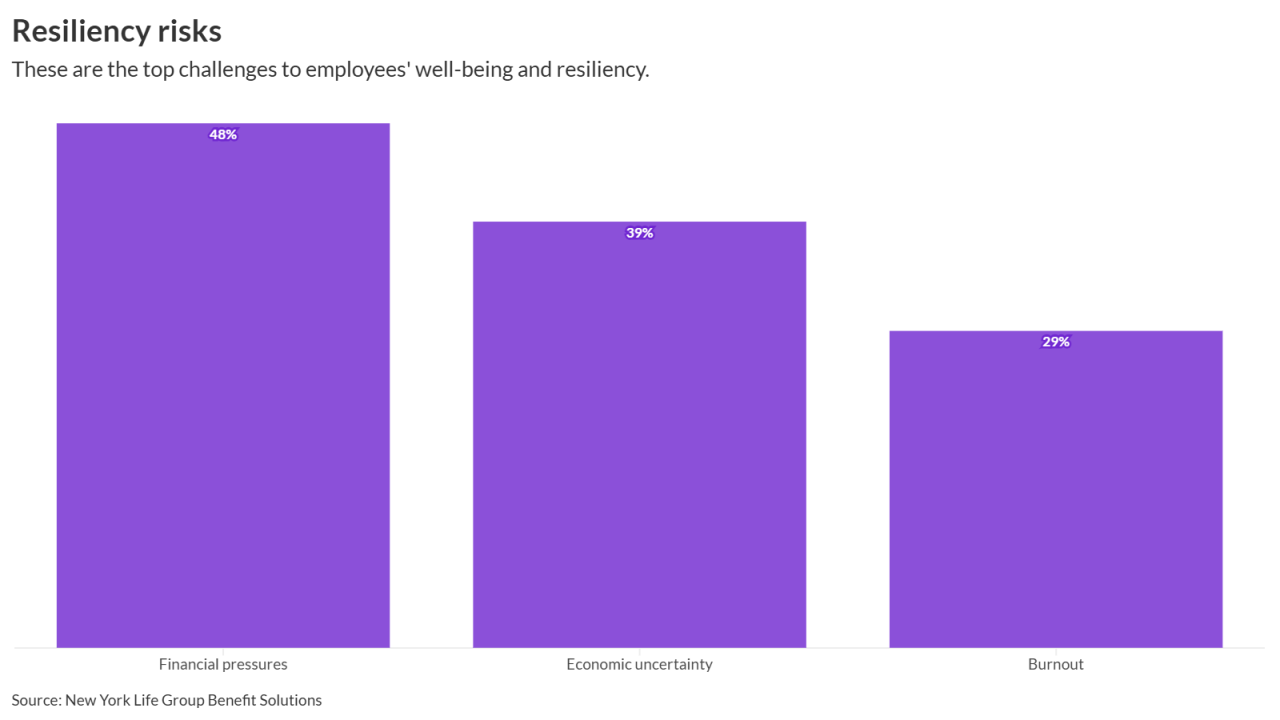Since joining travel platform Booking.com as SVP and chief people officer in March 2020, Paulo Pisano has helped reinvent
Pisano's experience with the Booking.com team, now around 12,000 strong, started off just as the COVID pandemic was putting all professional leaders in
"It was an all-hands-on-deck effort and it was tough, but it had a massive impact on people's engagement because there was this sense that we were all in it together," Pisano says. "This helped counterbalance the remoteness."
Read more:
Bookings' fully-remote setup lasted a year and a half — today, teams work a flexible hybrid schedule that is unique to each platform and location. Pisano went through some big changes, too: He now also serves as the EVO and CHRO of Booking Holdings, the parent company of Bookings.com, KAYAK, Priceline, OpenTable, and other online travel and reservation platforms. Donning these two leadership hats only strengthened his commitment to the development and well-being of the approximate 24,000 employees who fall under his employee roster.
"I've always seen leaders at Booking as being very connected to our human dimension, but I don't think we were always as good at demonstrating it," Pisano says. "Something we've learned to do better from the pandemic is to demonstrate how we feel about our employee population more effectively."
Pisano shared his process for restructuring work environments, what aspects of company culture nurture motivation, and how he keeps the employee experience at the forefront of a digital company.
COVID changed a lot about how leaders approach the best working environment for their teams. What have you learned and tried over the past few years?
We've been running different experiments — we don't do exactly the same thing across the different companies in the group. We're not a remote-first company: We value time together, working with each other at our offices or elsewhere, but at the same time, we recognize employees want flexibility and a certain degree of autonomy. We're still in pursuit of figuring out what the right balance is.
We have some offices for very small groups of people, and we've experimented with moving those teams and even bigger teams to shared working spaces where people can get together when needed. We've also opened campuses in Amsterdam and Manchester, which, in the case of Amsterdam, allowed us to shift from over 10 offices to one, and it was a significant upgrade from the office spaces we had before.
We've also started experimenting with co-hosting different brands in one place. New York City is a great example — we have an office at the Empire State Building that caters to employees from all over the group, so across the floor are folks from Open Table, KAYAK, Priceline, Booking.com, Agoda — it's a great vibe. This is something we're going to be exploring further.

Read more:
When people are so spread out, how does your culture keep people engaged and motivated?
The first one is a sense of mission, which for us is very clear: We want to make it easier for people to experience the world. When you travel for whatever reason, you open up your mind, you see with new eyes, you broaden your horizons. You get to understand different cultures better. You get to understand yourself better. You pull those together, and it makes something that's easy for [employees] to connect with.
Then there's a sense of agency, which also connects our people. We're not a new startup company, but we pride ourselves on having some startup energy. We've been around for a couple of decades, which means we have to continue to evolve. Each employee can make an impact — it's not the highest-paid person's opinion that matters all the time.
How do you prioritize professional development for such a large and dispersed workforce?
You're looking for people who have a positive attitude, a constructive attitude and a learning mindset. You want people who are curious. We're strong at keeping that kind of curiosity muscle up and open, and that is a precursor to a lot of the good things you need to be supportive of your customers.
We put a lot of emphasis on the development of our people once we bring them on board, and it's [important to] understand where each person is in relation to the job they have to do, and making sure you have great curricula to support individuals. Structured learning will typically be led by our learning and development teams that might sit within customer service, or more broadly across the organization, but we're also heavy users of our intranets and communication systems across the group. People learn a lot from each other, which is wonderful because it's not just structured, formal learning; you're learning from every direction.
Read more:
Despite relying so heavily on technology, how do you prioritize the human experience first and foremost?
This is always a theme for us. The way I normally do this is by [considering] employees as one stakeholder group. That will help keep executives connected when you make decisions. Booking is very human-centric, and I hear it from people that join us, or people who move on and say they miss that in particular. We have a very good level of collaboration between teams and we work very closely together to figure out how to match what our employee population is looking for from a communication perspective and how that should be addressed.





